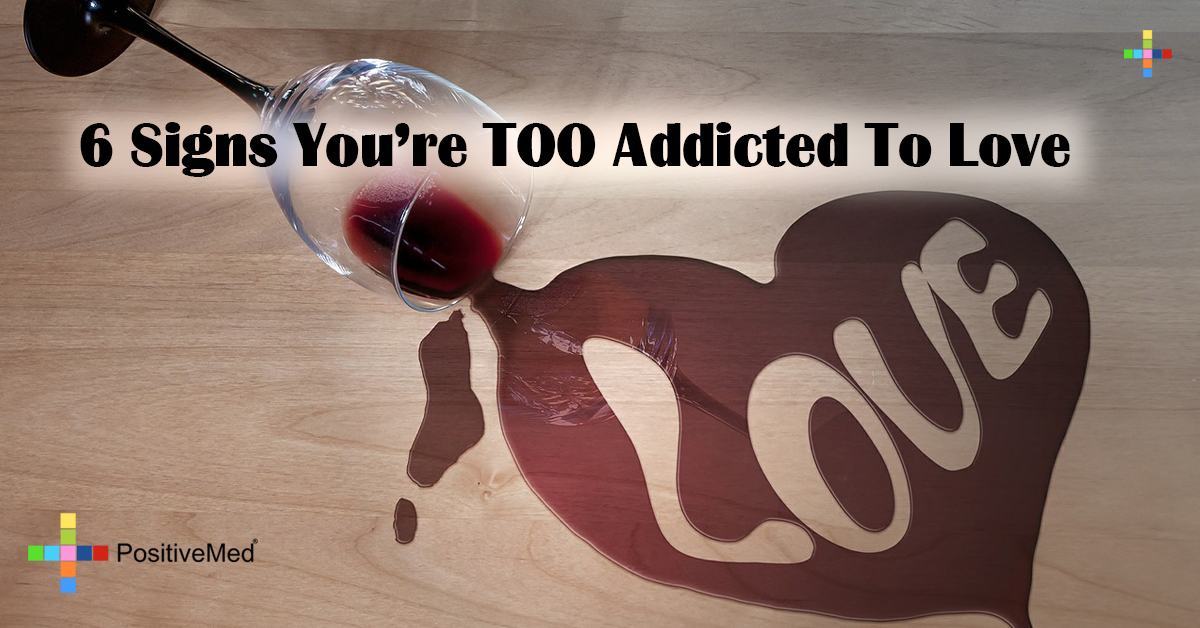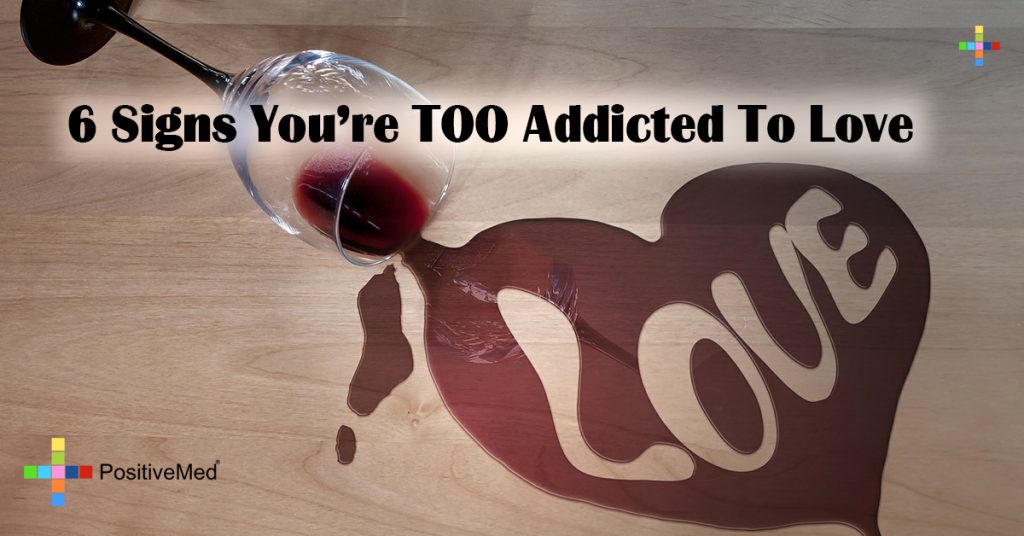
6 Signs You’re TOO Addicted To Love
[nextpage title=”…”]
Signs of Addiction
Addiction to physical relationships is similar to addiction to drugs or alcohol. The behavioral patterns tend to be similar to other types of addiction because the root of all addiction is the inability to release a dependence on an action or thing. This is why people who are addicted to this type of behavior might also be addicted to gambling, drinking or drugs as well. Keeping your eyes open for other signs of addiction can be helpful in determining if someone is addicted to this type of activity. General behaviors include lying, suspicious activities, anxiety, social problems and poor hygiene.
Signs of Physical Addiction
The signs of this type of addiction are similar to those of gambling, drug or alcohol addictions. A person who has an addiction might have been abused as a child. They might experience difficulty maintaining a healthy life or drive. They might also experience difficulty maintaining a relationship with a monogamous partner while finding “joy” in outside experiences. Some of the signs of addiction include:
1. The activity takes precedence over all other aspects of life. If your partner is consistently choosing this type of activity over other activities, he or she might have an addiction. This may include the physical activity several times a day for several days a week. It could also include “binging” on said activity for several hours during one day.
2. Virtual activities are commonplace. Your partner might choose virtual activities over physical ones. This can include watching excessive online videos, texting with other people, logging on to virtual chatrooms and engaging in excessive online activities.
[/nextpage] [nextpage title=”…”]
3. Consistently cheating or multiple partners. If your partner has cheated one or several times or has admitted to having multiple partners at once, he or she could be addicted to these activities.
4. Fixation on self-release activities. People who have an addiction to these activities often think about them excessively and need a physical release. They often believe that if they enjoy a physical release, they will stop thinking about the activity all the time. If your partner thinks about these activities excessively, he or she might be doing so to stop or prevent obsessive thoughts.
RELATED ARTICLE: If Your Partner Does THIS – He Has Emotional Problems
5. Participation in illegal relationships. Many addicts don’t feel satisfied with safe activities. They often hide their activities because they are ashamed of their addictions. This may often lead to illegal relationships that include minors or family members. Many addicts were also once victims of these illegal activities; such activities might feel dangerous or scary but also commonplace.
6. Lying, financial issues and habitual tardiness. Since many addicts need to find outlets in illegal or nontraditional situations, they often have issues in other areas of their lives. They might feel the need to lie about their activities. They also have financial issues because all their income is used trying to find their next fix. They might spend money on professionals, but they also might spend money on expensive dates or dinners trying to find a partner. They are often late because they were caught up in such activities or activities leading to the act.
[/nextpage] [nextpage title=”…”]
Living with an Addiction
Relationships with addicts can be especially difficult. Just like being in a relationship with someone who has an addiction to alcohol or drugs, many people report the addiction feels like an actual third person in the relationship. These addictions are especially difficult to overcome with a partner because this type of activity is a healthy and important part of any relationship.
Dating someone with an addiction isn’t easy, yet it isn’t impossible. Addicts should be in therapy and in the late stages of a treatment program before considering dating. This is commonplace in any addiction therapy – even therapy plans for alcohol and drug addicts. Both partners must keep an open line of communication at all times. The partner of an addict should also attend therapy, or the two partners could attend group therapy together.
[/nextpage]






